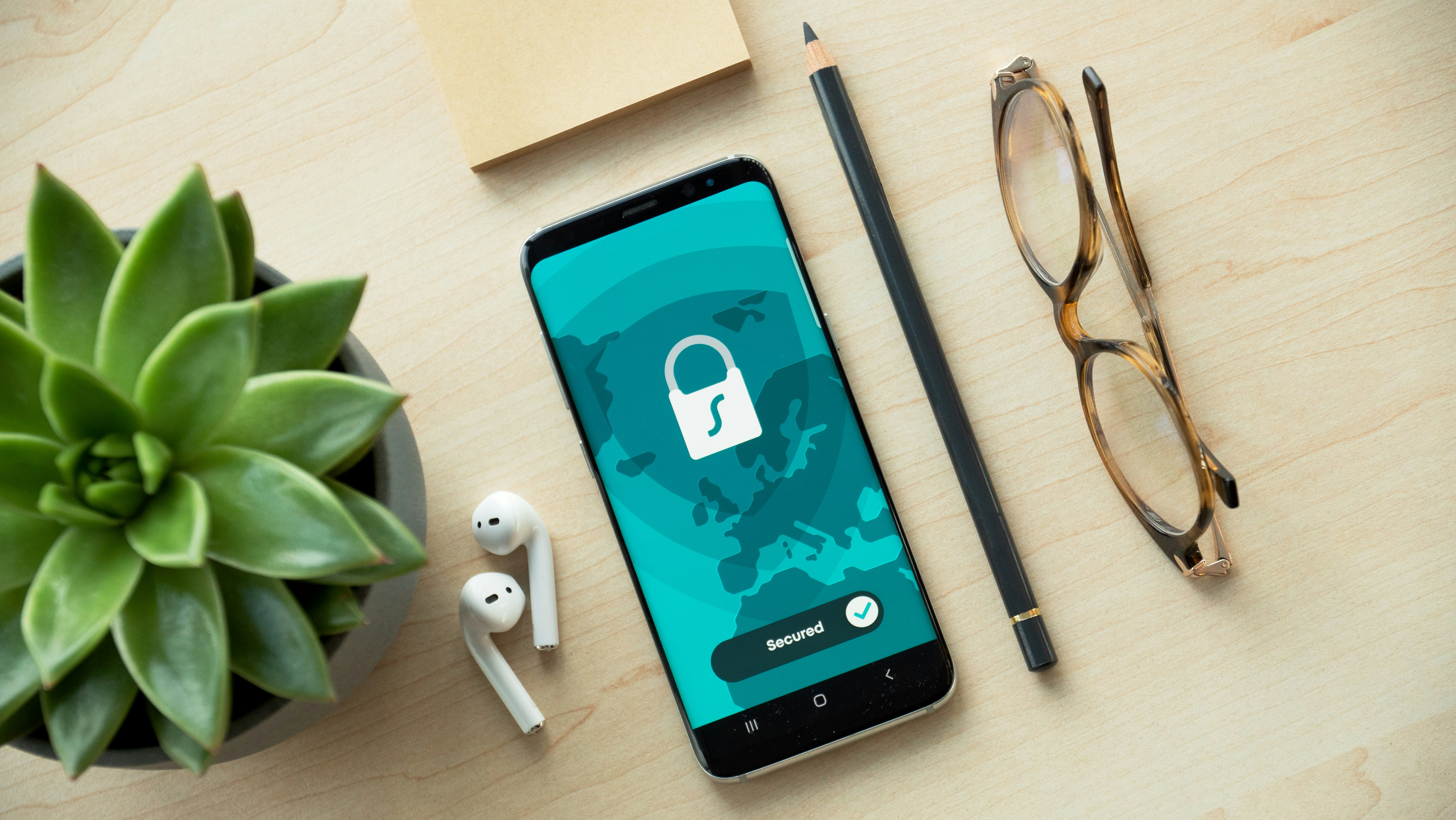Introduction
Our phones have become the center of our lives. They hold our messages, photos, passwords, and even our bank accounts. That makes them a top target for hackers. The good news? You don’t have to be a tech expert to protect your phone. With a few smart habits, you can keep your data safe in 2025.
1. Keep Your Phone Updated
Those little update notifications aren’t just about new emojis. Every update fixes security holes that hackers love to use. Whether you’re on Android or iPhone, always install updates as soon as they’re available. Delaying them is like leaving your front door open overnight.
2. Use Strong Lock Screen Protection
A 4-digit PIN is no longer enough. Use a long passcode, fingerprint, or face unlock. If your phone allows pattern unlocks, make sure your pattern isn’t easy to guess. Avoid simple shapes like “L” or “Z”.
3. Don’t Install Random Apps
Stick to official app stores like Google Play or Apple’s App Store. Avoid downloading apps from links you find on social media or shady websites. Many of those apps come packed with malware that spies on your data.
4. Turn Off Bluetooth and Wi-Fi When Not in Use
Leaving Bluetooth or Wi-Fi on all the time makes your phone visible to nearby devices — including attackers. Turn them off when you’re not using them, especially in public places like cafés or airports.
5. Use a VPN on Public Wi-Fi
Free Wi-Fi might feel like a gift, but it’s also a hacker’s playground. Always use a VPN (Virtual Private Network) to encrypt your connection. This keeps your data private and stops others from eavesdropping on your traffic.
6. Watch Out for Phishing Links
Phishing attacks have gotten smarter. Hackers now send fake messages pretending to be from banks, delivery companies, or even your friends. Don’t click on suspicious links, and always double-check the sender’s address before replying.
7. Encrypt Your Data
Modern phones have built-in encryption options. Turning them on adds an extra layer of protection — even if someone steals your device, they can’t read your data without the encryption key.
8. Back Up Regularly
Accidents happen. Whether your phone gets lost, stolen, or infected, having a backup means you can restore your data easily. Use Google Drive or iCloud for automatic backups.
9. Review App Permissions
Some apps ask for access they don’t need. For example, a flashlight app shouldn’t need your contacts or location. Go to your phone’s settings and check which permissions you’ve granted. Revoke anything unnecessary.
10. Be Smart With What You Share
Hackers can gather personal details just by looking at what you post online. Avoid sharing things like your full birthday, location, or photos that show sensitive documents.
Final Thoughts
Your phone is a powerful device — but so are the threats that target it. By following these simple steps, you can protect your privacy and stay one step ahead of hackers. Security doesn’t mean living in fear. It means being smart, aware, and proactive.
🔖 References
- Google Safety Center
- Apple Security and Privacy
- Cybersecurity & Infrastructure Security Agency (CISA)
- Kaspersky Mobile Security Guide
